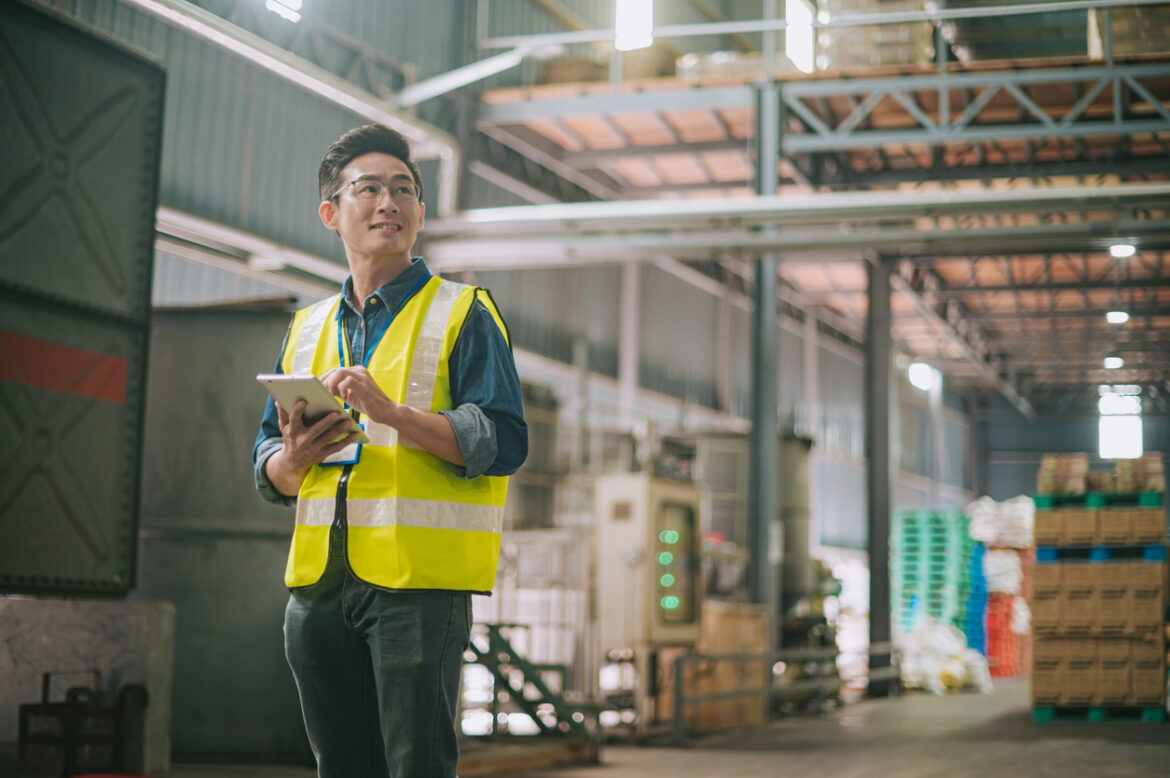Thailand’s industrial landscape offers distinct advantages for companies focused on international trade. A central element of this framework is the system of Free Zones, designated areas designed to promote export activities by providing specific customs and tax incentives. For businesses that import raw materials or components for assembly and subsequent export, these zones offer a streamlined operational environment. They allow goods to be brought into the country without incurring import duties and taxes, provided they are eventually shipped out.
This structure is particularly beneficial for companies managing complex supply chains. Locating within a Free Zone simplifies customs procedures and improves cash flow by deferring duties. Many businesses look for a warehouse for rent in Samutprakarn specifically within these designated areas to take advantage of the proximity to major ports and airports. This strategic positioning reduces transport times and logistical costs, which is essential for maintaining a competitive edge in the global market.
Operating within a Free Zone means that manufacturing, processing, and assembly can occur in a financially advantageous setting. The benefits extend beyond customs duty exemptions to include other tax privileges, which can make a substantial difference to a company’s bottom line. The ultimate goal of these zones is to facilitate smooth, efficient export operations, making Thailand an attractive base for international businesses.
The Core Benefits of Operating in a Thai Free Zone
The primary advantage for businesses in a Free Zone is the exemption from import duties and Value Added Tax (VAT) on machinery, equipment, and raw materials brought in for production purposes. This allows companies to manage capital more effectively, investing funds into operations rather than having them tied up in taxes. When the finished products are exported, they are also exempt from export duties, completing the cycle of financial relief.
Beyond tax incentives, Free Zones offer simplified customs clearance. This means less paperwork and faster processing times for both incoming materials and outgoing goods. For export-oriented businesses, where speed to market is often a deciding factor, these streamlined procedures are invaluable. This efficiency helps companies meet tight deadlines and respond quickly to international demand.
Strategic Locations for Export Success
Many of Thailand’s Free Zones are strategically located within or near major industrial estates and transport hubs. Areas like Chonburi, Rayong, and Samut Prakan are prime examples. Their closeness to the Laem Chabang Port and Suvarnabhumi Airport provides direct access to global shipping lanes and air freight networks.
This geographical advantage minimizes domestic transit times and associated costs. A factory or warehouse situated within a Free Zone near a major port can move goods from production line to shipping vessel with remarkable speed. This integration of manufacturing and logistics is a core feature of the Free Zone model, supporting the entire export process from start to finish and strengthening Thailand’s role as a key player in regional and global trade.



